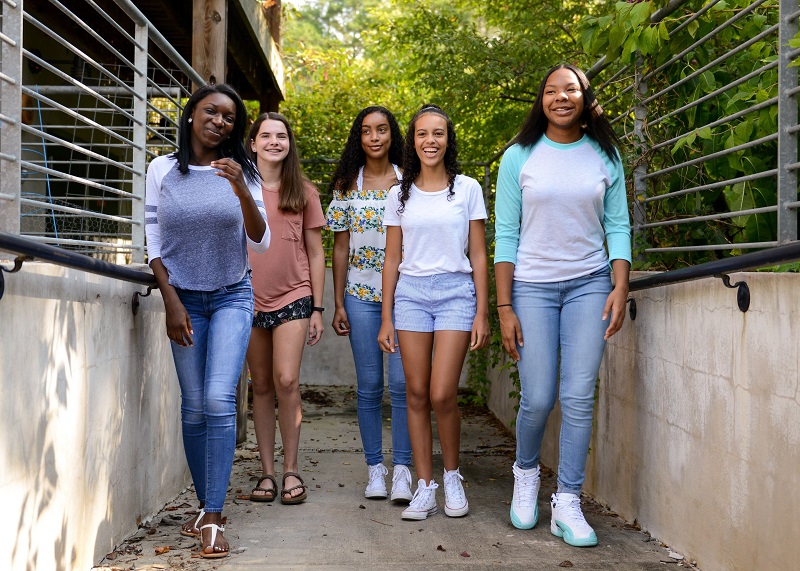
Access to a high-quality K-12 education is critical for the optimal growth and development of every child. Children who attend excellent schools benefit from a range of opportunities designed to develop their intellectual abilities and social skills. The benefits are long-lasting, as educational achievement is linked to higher lifetime earnings and better health. However, there remains a stubborn achievement gap in America's schools due to disparities in funding and teacher training. FPG's work in K-12 education aims to provide educators, public officials, and parents with the resources and tools needed to ensure that a high-quality education is accessible to students from all backgrounds and at all grade levels.
Featured Project
As a Learning Partner for the Effective Implementation Cohort (EIC), the National Implementation Research Network (NIRN) at UNC-Chapel Hill's Frank Porter Graham Child Development Institute seeks to support the cohort of Provider-Local Education Agency partnerships in their implementation and measurement efforts related to their scale-up of high-quality mathematics curricula.
Featured Publication
In the last decade, a growing number of schools have begun implementing dual language education (DLE), and studies have shown evidence of the benefits of DLE for elementary education students. However, existing research syntheses do not focus on DLE in the early years (pre-Kindergarten and Kindergarten), considering young bilingual children’s development and learning characteristics. FPG Senior Research Scientist Ximena Franco-Jenkins contributed to a paper that explored existing literature on DLE in the early years.
Featured Person
Yolanda Perkins, EdS, is an implementation specialist at the UNC Frank Porter Graham Child Development Institute. With more than 20 years of experience in K-12 and post-secondary education, her work focuses on expanding the use of evidence-based practices to reduce disparities in education, learning, and social outcomes.